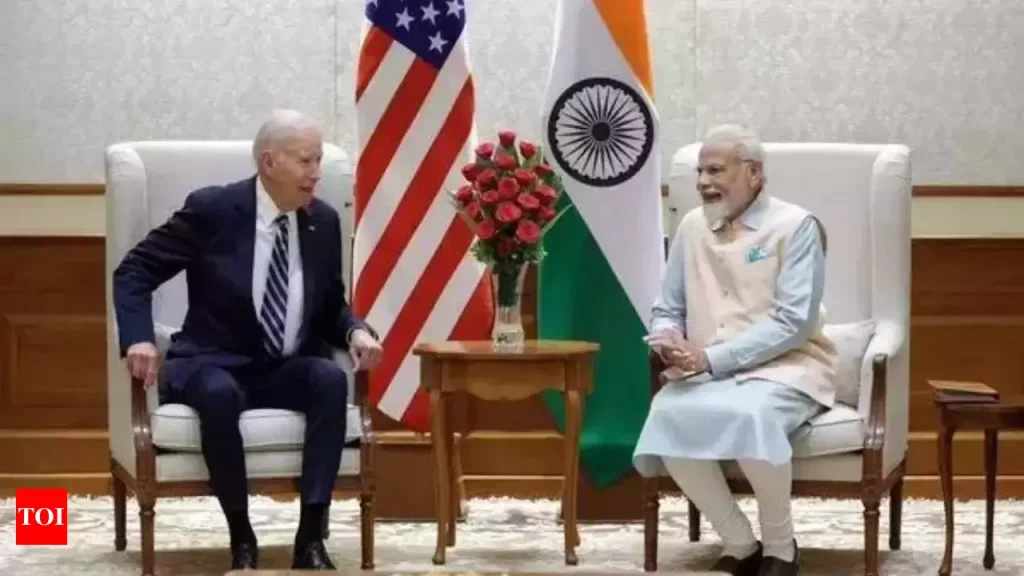Context:
Recently, India joined the Minerals Security Finance Network (MSFN), a US-led initiative to enhance collaboration among member countries to secure supply chains for critical minerals.
More on the News:
- The MSFN is a new initiative that evolved from the Minerals Security Partnership (MSP), which was established by the US in 2022.
- India became a member of the MSP in June 2023.
- The creation of MSFN highlights the growing importance of critical minerals in the global energy transition and the overwhelming dependence of countries on China for critical resources, especially with respect to rare earth minerals.
- The partnership unites development finance institutions (DFIs) and export credit agencies (ECAs) from participating nations to enhance synergies and boost impact.
About MSFN and MSP:
- MSFN is an additional offshoot of MSP, which is a US-led collaboration of 14 countries and the European Union to catalyze public and private investment in responsible critical minerals supply chains globally.
- MSP focuses on the supply chains of critical minerals such as cobalt, nickel, lithium and the 17 “rare earth” minerals
- The MSP partners include Australia, Canada, Estonia, Finland, France, Germany, India, Italy, Japan, Norway, the Republic of Korea, Sweden, the United Kingdom, the United States, and the European Union (represented by the European Commission).
- MSFN aims to enhance cooperation and information sharing among its members to build diverse, secure, and sustainable supply chains for critical minerals.
- It will also encourage sustainable investment in these supply chains by attracting private sector funding for projects related to production, extraction, processing, recycling, and recovery.
Significance of Critical Minerals
- Economic Growth: Minerals like cobalt, nickel, and lithium are essential for industries such as telecommunications and the production of electric vehicle batteries.
- Clean Energy: These minerals are crucial for green technologies, including semiconductors, solar panels, and wind turbines.
- National Security and Defense: Strategic minerals like bauxite, alumina, and silica are vital for producing armour, weaponry, and other critical military infrastructure.
Major reasons behind the formation of MSFN:
- The formation of MSFN is done at a time of heavy reliance on countries like China for critical resources, particularly rare earth minerals.
- Currently, there is an overwhelming dependence on countries such as China for Heavy Rare Earth Elements (HREE), which is one of the leading producers of RE with an estimated 70% of the global production.
- Signatory nations recognized that meeting the rapidly growing global demand for critical minerals for clean energy transition requires multi-national & institutional collaboration, involving both public and private sectors.
Significance for India:
- India’s inclusion in the MSFN is significant because India’s growth strategy includes a major shift towards electric vehicles (EVs) for both public and private transport.
- India’s participation in this initiative is aimed at diversifying and securing its supply of critical minerals from nations like Argentina, Chile, Australia, and select African countries.
- The coming years may mark a turning point for battery technology, with various potential improvements to lithium-ion technology and alternative solutions nearing commercialization.
- So, it’s imperative for India to create a strong base for the Battery Manufacturing industry, and that will require sufficient availability of critical minerals.
- Joining MSFN marks a critical step forward for India in its quest to reduce reliance on China for these minerals and build a robust, self-sustaining supply chain for its green energy initiatives.
Also Read:
Qatar Becomes First Gulf State in U.S. Visa Waiver Programme

